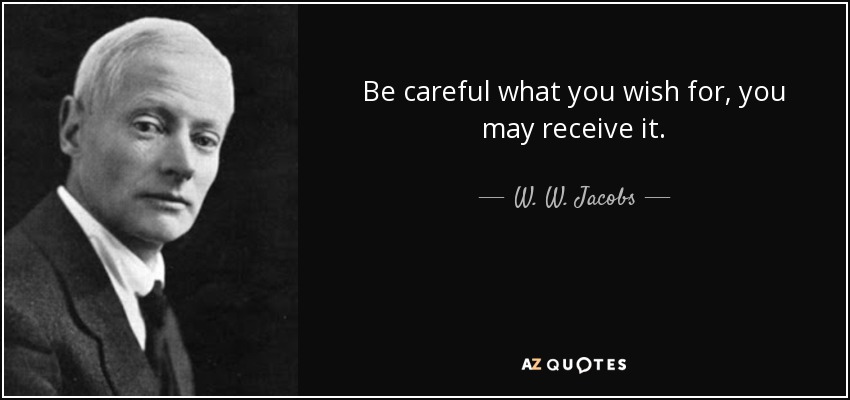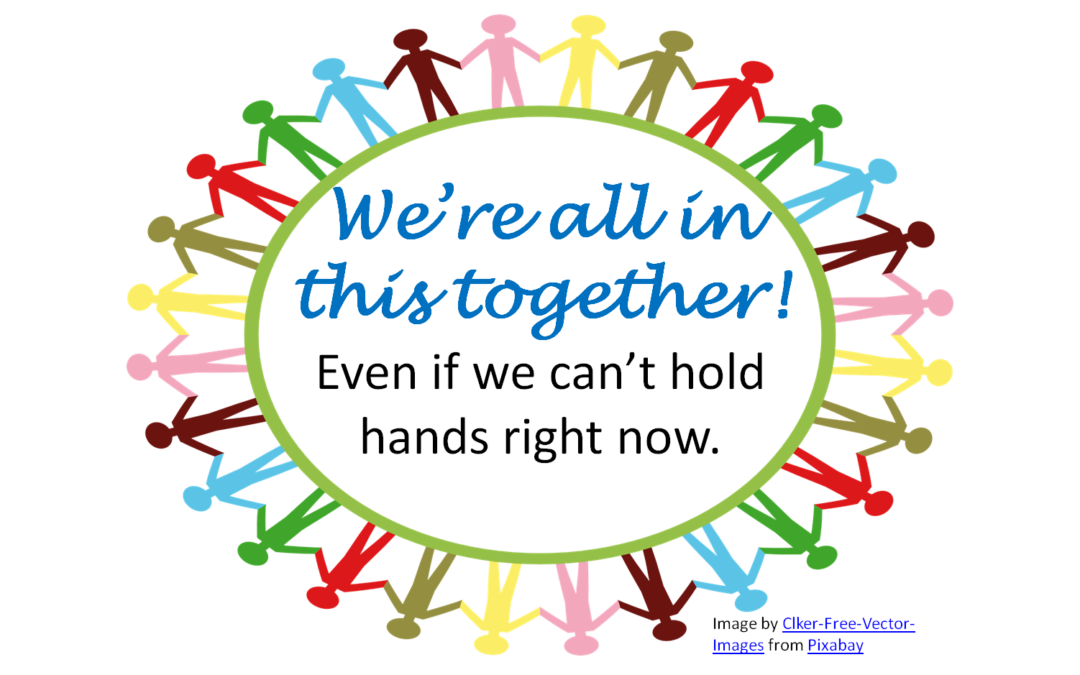To be honest, I can’t say I’m surprised to find now that all the talk about all of us being in this together – which we heard repeated as a mantra during the early stages of the COVID-19 crisis – was just bullshit, but that doesn’t mean much. As a feeling, it speaks well of those uttering those words honestly. As a statement of fact, it was hopelessly naive for me to believe Morrison.
So, I was kind of expecting something like this.
You see, scepticism about Scott Morrison’s good faith doesn’t show that one is particularly farsighted: anyone with a moderately functional brain and a minimum of memory could see the truth behind his act.
What does me some credit is that I wasn’t impressed either by all the comparisons between the Prices and Income Accord of Bob Hawke (starting in 1983) and Christian Porter’s roundtables including bosses and their representatives and the union movement. On this I have to say Michele O’Neil and Sally McManus, by far the best union leaders in decades, were sadly wrong (as is wrong Jim Stanford)
Sold at the time as political wisdom, the Labor’s Accord – inspired by liberal/leftish ideas – was ultimately damaging to the union movement and to workers. If back then that medicine was poisonous, is there any reason to believe it would now be benign?
----------
These last two weeks Porter, federal Minister for Industrial Relations and Attorney General, announced a raft of measures agreed behind the union representative’s backs to further impoverish workers, under the pretext of reducing unemployment.
And, in the same spirit of honesty, this is where I have to confess I was surprised: the variety of measures included in the COALition’s Industrial Relations Omnibus Bill.
Without further ado:
So much for consensus: Morrison government's industrial relations bill is a business wish list
Jim Stanford, University of Sydney



